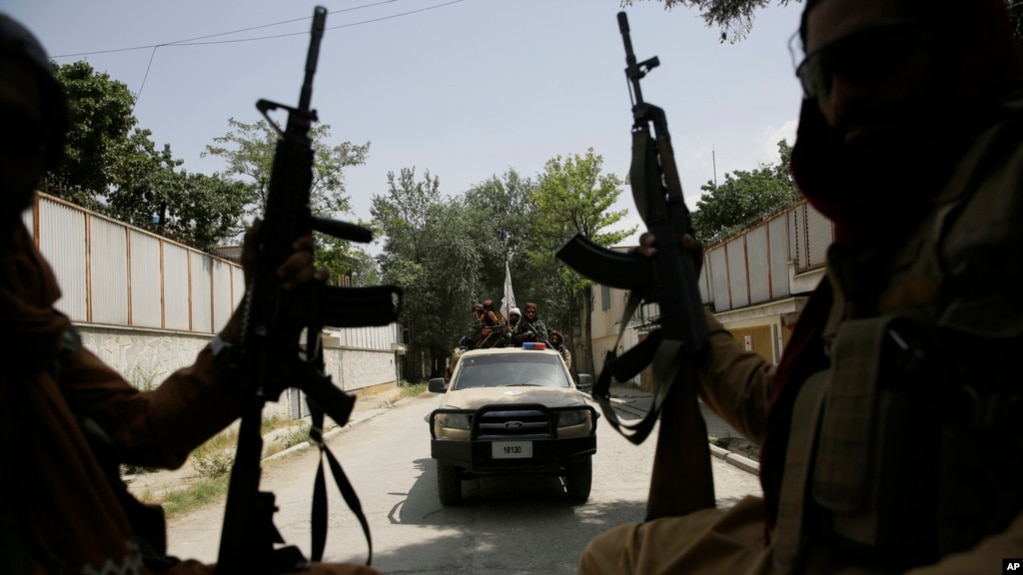The United Nations Security Council held a closed-door meeting on Afghanistan on the 26 of February but the details were not shared.
The United Nations Security Council is set to hold a meeting on Afghanistan on 6th March, a source said.
A diplomatic source told TOLOnews that the special representative of the UN Secretary-General and head of the UN Assistance Mission in Afghanistan (UNAMA), Roza Otunbayeva will present a three-month report on the situation in Afghanistan.
Meanwhile, the Islamic Emirate said that instead of dealing with the issues related to Afghans, the United Nations should help the Afghan people in the economic sectors, to solve their issues.
The spokesman of the Islamic Emirate, Zabihullah Mujahid, said that that any meeting without a representative of the Islamic Emirate will have no impact.
“Such meetings are held without the Islamic Emirate, and are not confirmed by the Islamic Emirate, and the information presented there is neither confirmed nor shared by the Islamic Emirate nor does it participate in the meeting, which harms the meeting. It means that it reduces its practical aspect, even reduces it to zero,” he said.
“A mechanism should have been formed to implement it, if they again hold the meeting, and present the report, and do not get a decision which has a practical aspect, this meeting will also have no result,” said Aziz Maarij, a former diplomat.
“This time, the UN should make a fair decision and should not investigate the issues of Afghanistan as a project, but should investigate it honestly and necessarily,” said Qareebullah Sadat, a political analyst.
The United Nations Security Council held a closed-door meeting on Afghanistan on the 26 of February but the details were not shared.
 Afghanistan Peace Campaign
Afghanistan Peace Campaign






